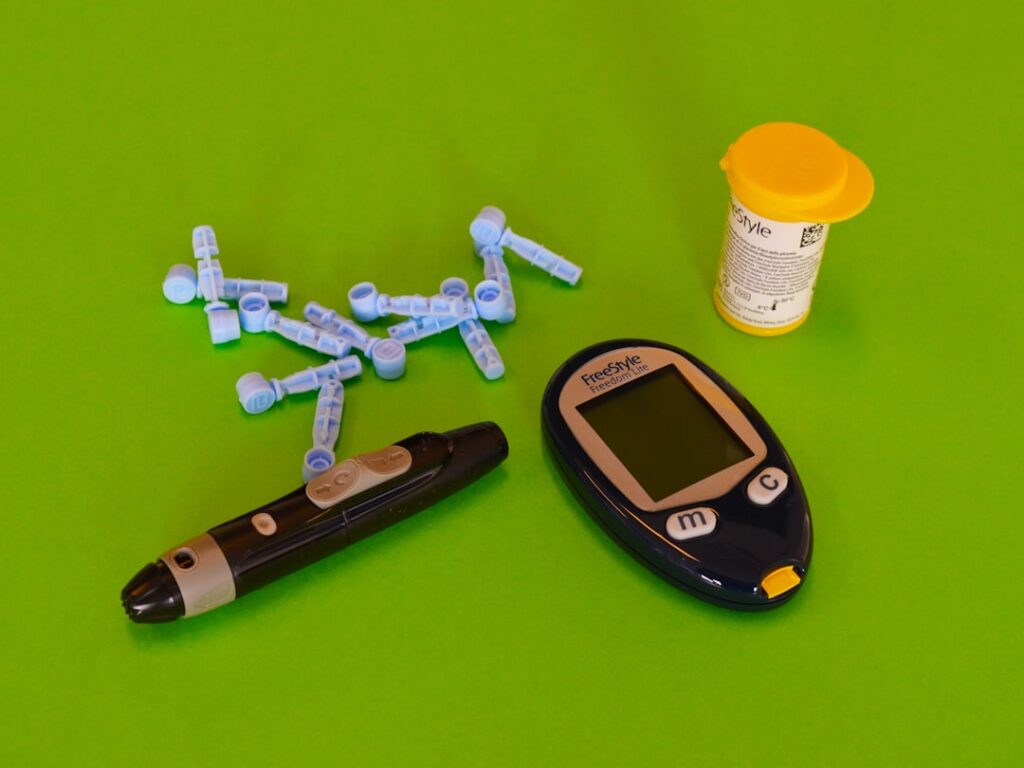AI Tools for Medical Diagnosis: Revolutionizing Healthcare
In recent years, the integration of artificial intelligence (AI) in health technology has become a transformative force in the medical sector. One of the most impactful applications of AI in HealthTech is in the realm of medical diagnosis. AI tools for medical diagnosis are not only enhancing the accuracy of disease detection but also streamlining the overall healthcare process. This article delves into how these technologies are advancing medical diagnostics and improving patient outcomes.
The Role of AI in Medical Diagnostics
AI technologies are revolutionizing how healthcare professionals approach diagnosis. By leveraging machine learning algorithms, AI tools can analyze vast amounts of data and identify patterns that may not be immediately apparent to human practitioners. This ability to process and visualize data rapidly is reshaping diagnostics in multiple areas.
Machine Learning and Data Analysis
Machine learning, a subset of AI, plays a crucial role in developing diagnostic tools. These algorithms learn from existing medical data, including patient histories, lab results, and imaging studies. Here are some key aspects:
- Pattern Recognition: AI tools for medical diagnosis can detect anomalies in X-rays, MRIs, and CT scans with high accuracy.
- Predictive Analytics: Algorithms analyze historical data to predict patient outcomes, helping clinicians make informed decisions.
- Natural Language Processing: AI can sift through unstructured data such as clinical notes, extracting relevant information for better diagnosis.
Enhancing Diagnostic Accuracy
The transition from traditional diagnostic methods to AI-assisted systems has marked improvements in accuracy. Some AI tools are now outperforming human specialists in specific areas of diagnostics. This leap in precision is critical, especially in early disease detection.
Applications and Case Studies
AI tools for medical diagnosis are currently being applied across various fields within medicine, demonstrating remarkable success. Here are prominent applications:
Radiology
AI algorithms in radiology help in detecting conditions like pneumonia, tumors, and fractures in imaging studies. Some notable examples include:
- Google’s DeepMind: Successfully identifies eye diseases by analyzing retinal scans with human-like proficiency.
- PathAI: Utilizes machine learning to improve the accuracy of cancer diagnoses by enhancing pathology workflows.
Oncology
In oncology, AI systems support doctors in identifying cancerous cells early, leading to timely interventions. For example:
- IBM Watson for Oncology: Assists healthcare practitioners in recommending personalized treatment options based on a patient’s unique profile.
- Tempus: Combines clinical and molecular data to create targeted therapeutic strategies in cancer care.
Challenges in Implementing AI Tools
While the benefits of AI in medical diagnostics are substantial, there are challenges to consider:
- Data Privacy: The use of patient data requires stringent security measures to protect sensitive information.
- Integration with Existing Systems: Implementing AI tools in current healthcare setups can be complex due to varying standards and protocols.
- Regulatory Compliance: Ensuring AI tools comply with healthcare regulations is crucial for widespread acceptance.
Future of AI in HealthTech
The future of AI tools for medical diagnosis looks promising. As technology advances and healthcare professionals continue to embrace these innovative solutions, we can expect:
- Personalized Medicine: AI will facilitate more tailored treatments based on individual patient profiles and genetic makeup.
- Improved Patient Engagement: AI-driven tools will help patients manage their health proactively, leading to better outcomes.
- Enhanced Training for Professionals: AI can assist in the training of healthcare practitioners, ensuring they stay updated with the latest diagnostic trends.
Conclusion
AI tools for medical diagnosis are paving the way for a new era of healthcare, characterized by precision, efficiency, and improved patient care. As these technologies continue to evolve, the integration of AI in diagnostics will likely become a standard practice across the medical field. Embracing AI not only holds the promise of enhanced diagnostic capabilities but also transforms the overall approach to healthcare, ensuring patients receive the most effective treatments possible.
Integrating AI Tools into Healthcare Systems
The successful integration of AI tools for medical diagnosis into existing healthcare systems requires a well-planned strategy. Healthcare providers must ensure that these advanced technologies are not only compatible with current processes but also enhance the overall efficiency of care delivery. Training staff members to work alongside AI solutions is critical for maximizing their potential. Ultimately, these tools can support healthcare professionals, offering valuable insights that can lead to improved patient outcomes.
Enhancing Predictive Analytics
AI tools for medical diagnosis also play a crucial role in enhancing predictive analytics within healthcare. By analyzing vast amounts of data, these systems can identify patterns that may not be visible to the human eye, enabling clinicians to anticipate potential health issues before they arise. This proactive approach can significantly reduce hospitalization rates and improve preventive care strategies. As we move forward, leveraging AI for predictive purposes will become increasingly important in the quest for personalized medicine.
Challenges and Ethical Considerations
Despite the promising potential of AI tools for medical diagnosis, there are several challenges and ethical considerations that must be addressed. Ensuring patient privacy and data security is paramount, as these technologies often rely on sensitive health information. Additionally, addressing bias within AI algorithms is critical to achieving equitable care outcomes across diverse populations. Ongoing dialogue amongst healthcare professionals, technologists, and ethicists will be necessary to navigate these challenges responsibly.


